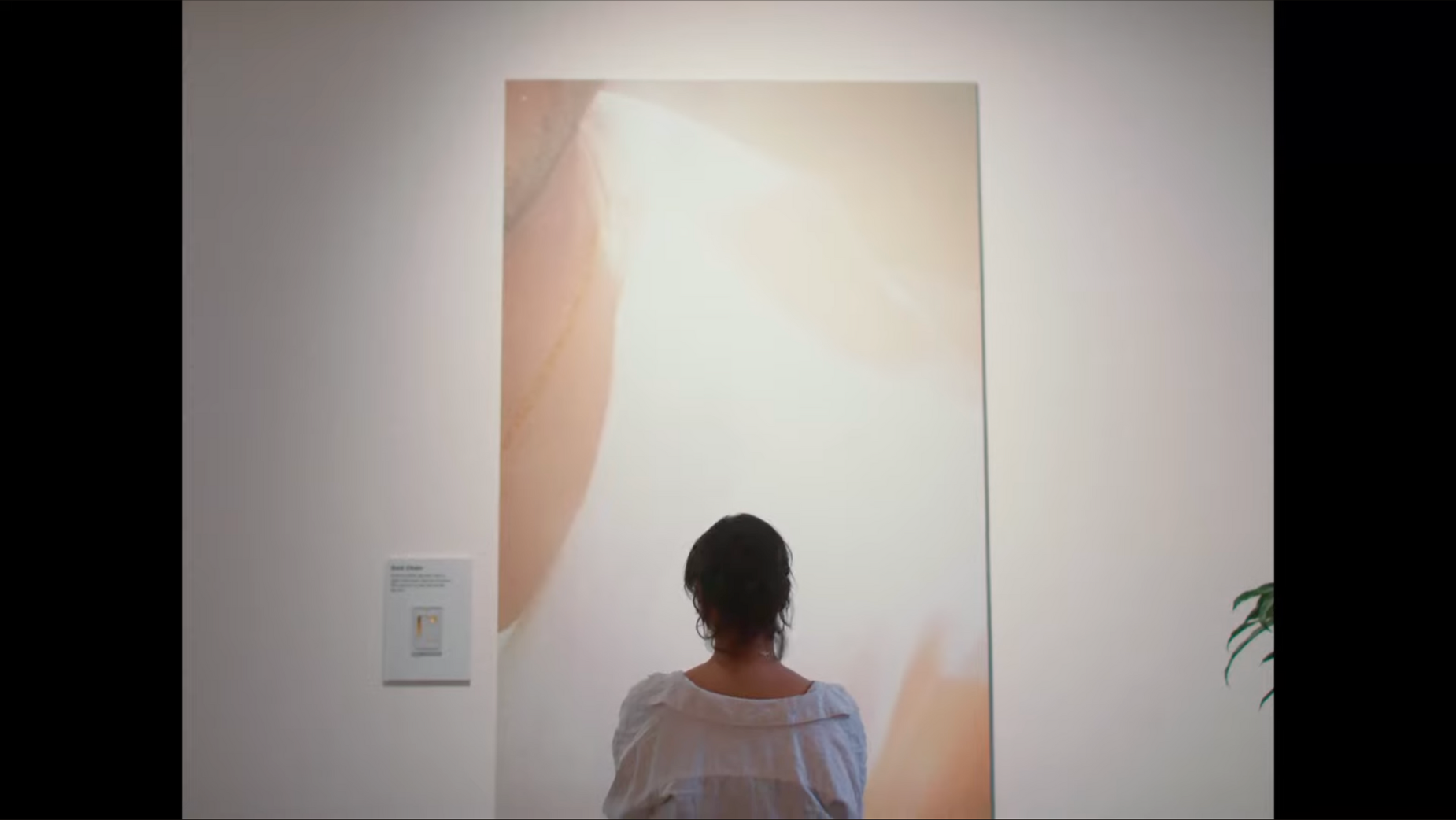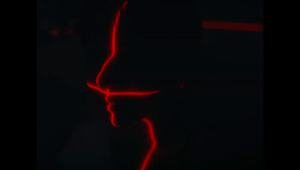
Instax TM Prints World’s First Reconstructed Memories with Cutting-Edge [Mind]Ography Experiment with HERO

Led by research scientist Dr Paul Scotti, [Mind]ography combines Functional MRI (fMRI) brain scans and cutting edge machine learning to literally reconstruct memories from the mind. With the support from Research Imaging NSW (RINSW), Dr Scotti trained his AI algorithm to recognise the unique brain patterns of Nicole Toum, a social worker from Sydney, Australia.
The experiment focused on core memories that Nicole hadn’t captured in photos. Having lost her father in 2018, Nicole chose three core memories to be reconstructed through [Mind]ography. Nicole’s memories became the centrepiece of an exhibition at China Heights Gallery, where the printed memories were displayed.
Australian independent agency HERO worked with Chisel to produce an emotion-provoking film of the [Mind]ography journey, rolling out as a social-first campaign supported by PR and paid media.
“This is literally cutting-edge, mind-reading research,” said Dr Paul Scotti, a leading Research Scientist. “We scanned Nicole’s brain as she was seeing and imagining thousands of images, teaching a machine learning algorithm to recognise her brain activity. Then we scanned Nicole’s brain as she imagined her personal memories, and used AI to create a visual reconstruction of what she was imagining.”
“These images aren’t just a 1 to 1 copy of what she saw in the past. They reflect more brain activity than that – her history, her memories, her emotions. So the outputs are more meaningful, I think,” finished Dr Scotti.
HERO Sydney executive creative director, Ben O’Brien added, “This has been an incredibly exciting project, all the way from concept to reality. A true world first. I’d like to thank our wonderful clients at Fujifilm Australia for their trust and support, along with our amazing HERO and Chisel team. And of course, don’t forget to print your memories with an INSTAX mini Link 3 printer, it’s a lot easier than doing this.”
“At the heart of our instax™ brand is memories. We are thrilled with the results of our Mindography project, which has seen a talented research team bring to life precious memories from Nicole’s mind and make them tangible to share with the world” said Mary Georgievski, general manager photo imaging, FUJIFILM Australia.
“Whilst many instax™ users also enjoy smartphones as a way of capturing beautiful photos – we hope the launch of the new instax mini Link 3™ will help many relive their special moments with instant film, while making the whole process feel joyful” continued Mary. Although not everyone has access to a Princeton Neuroscientist and an fMRI machine, Fujifilm instax™ has made printing memories something everyone can do, with the launch of a new smartphone printer, the instax mini Link 3™.















